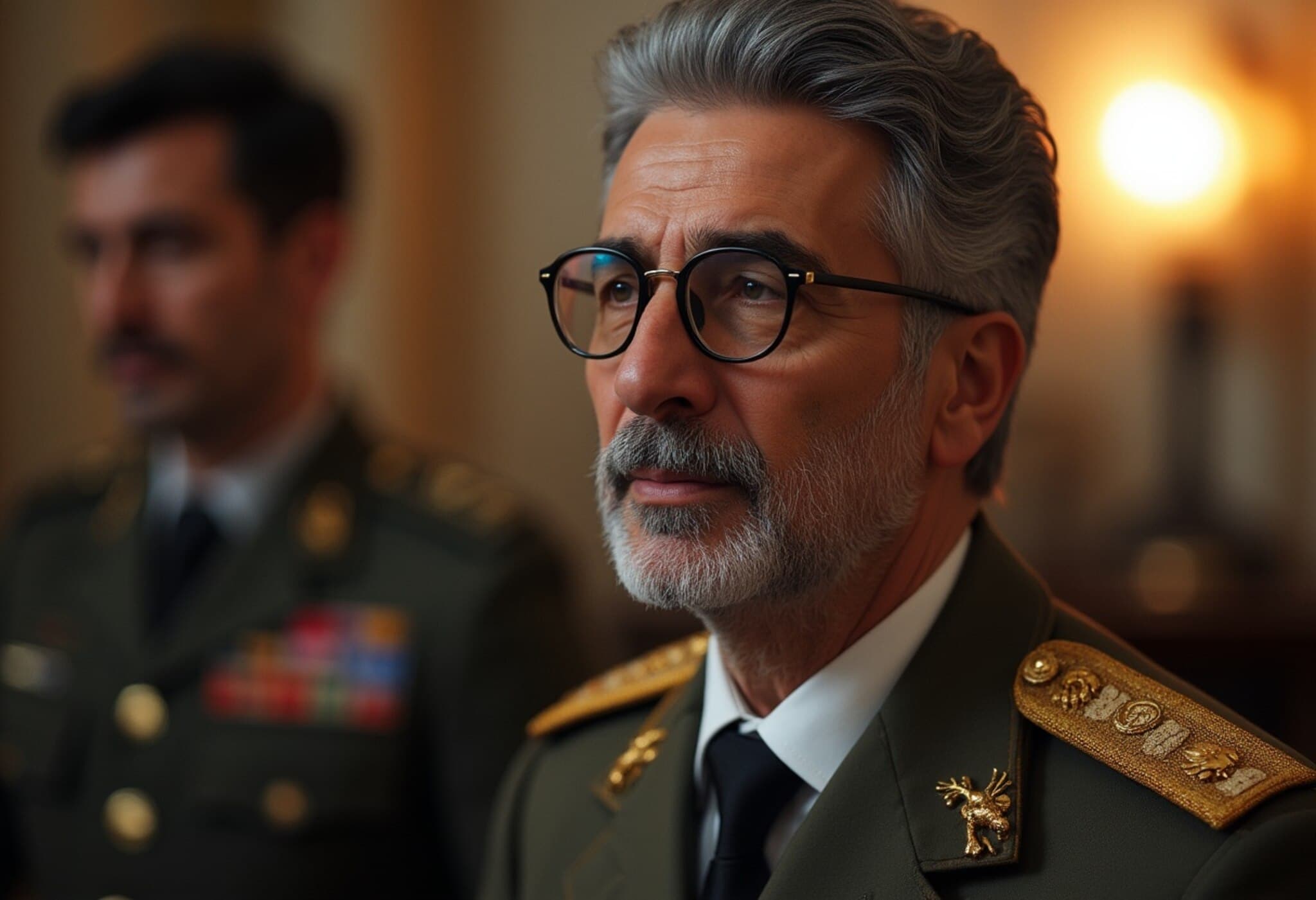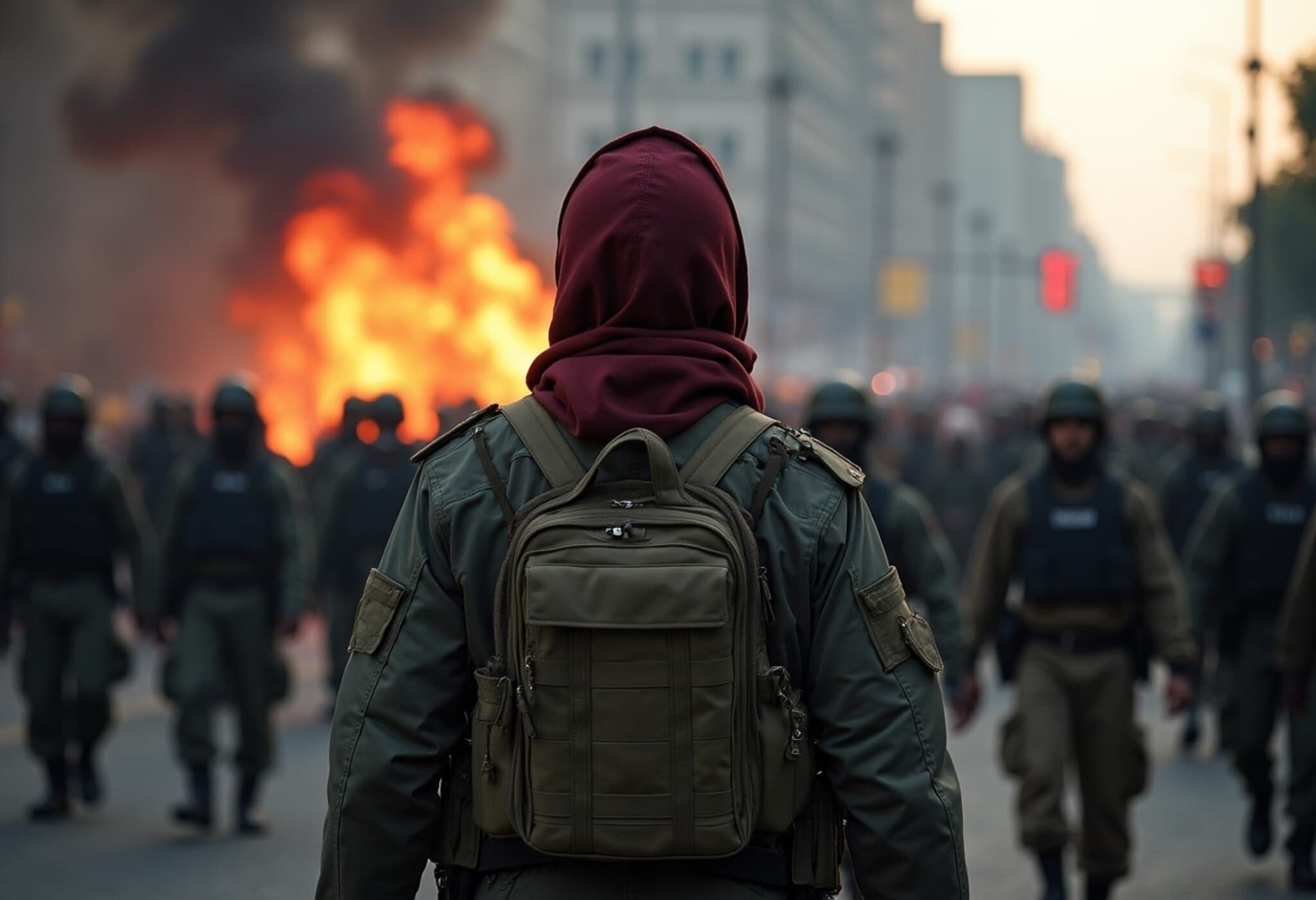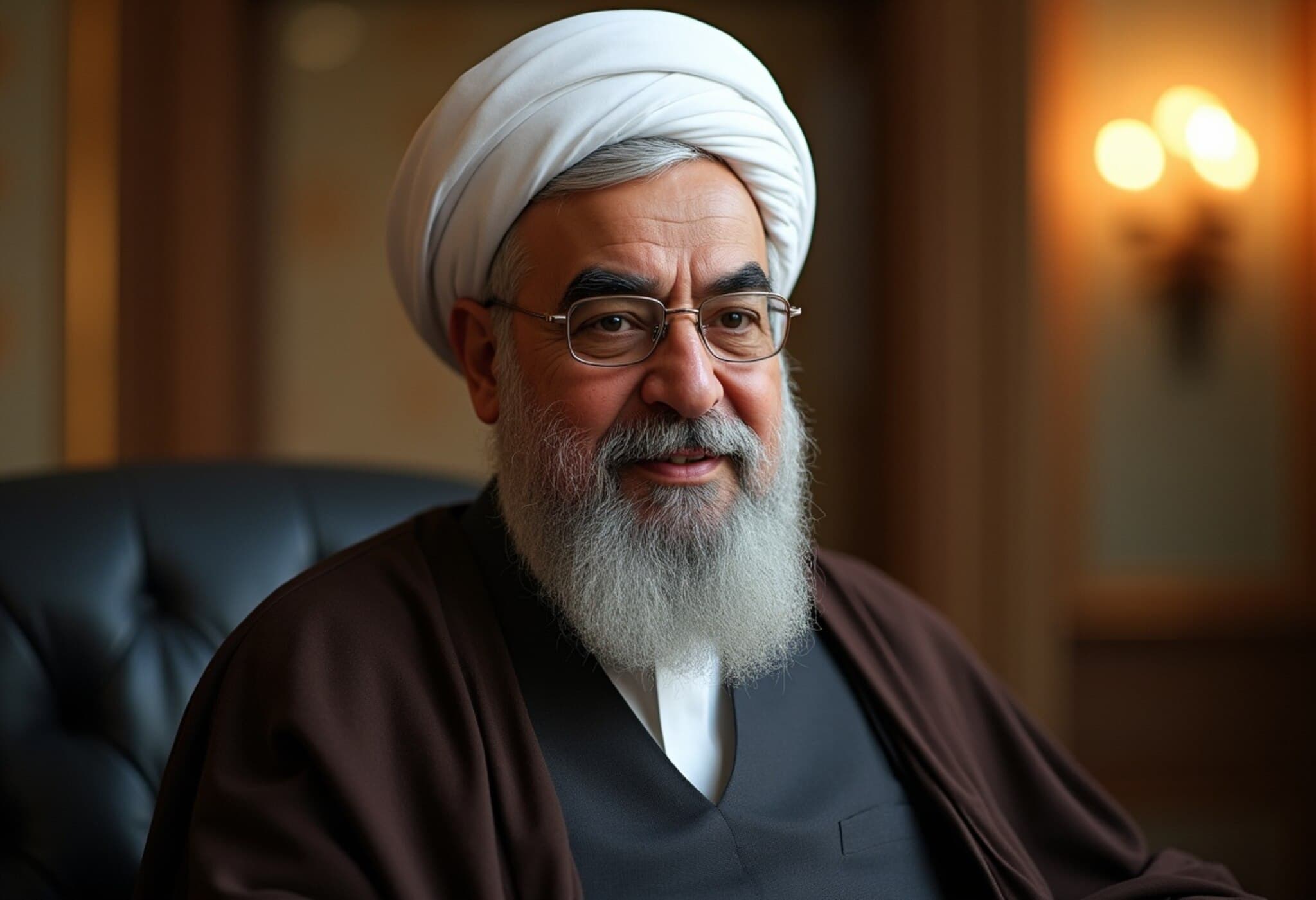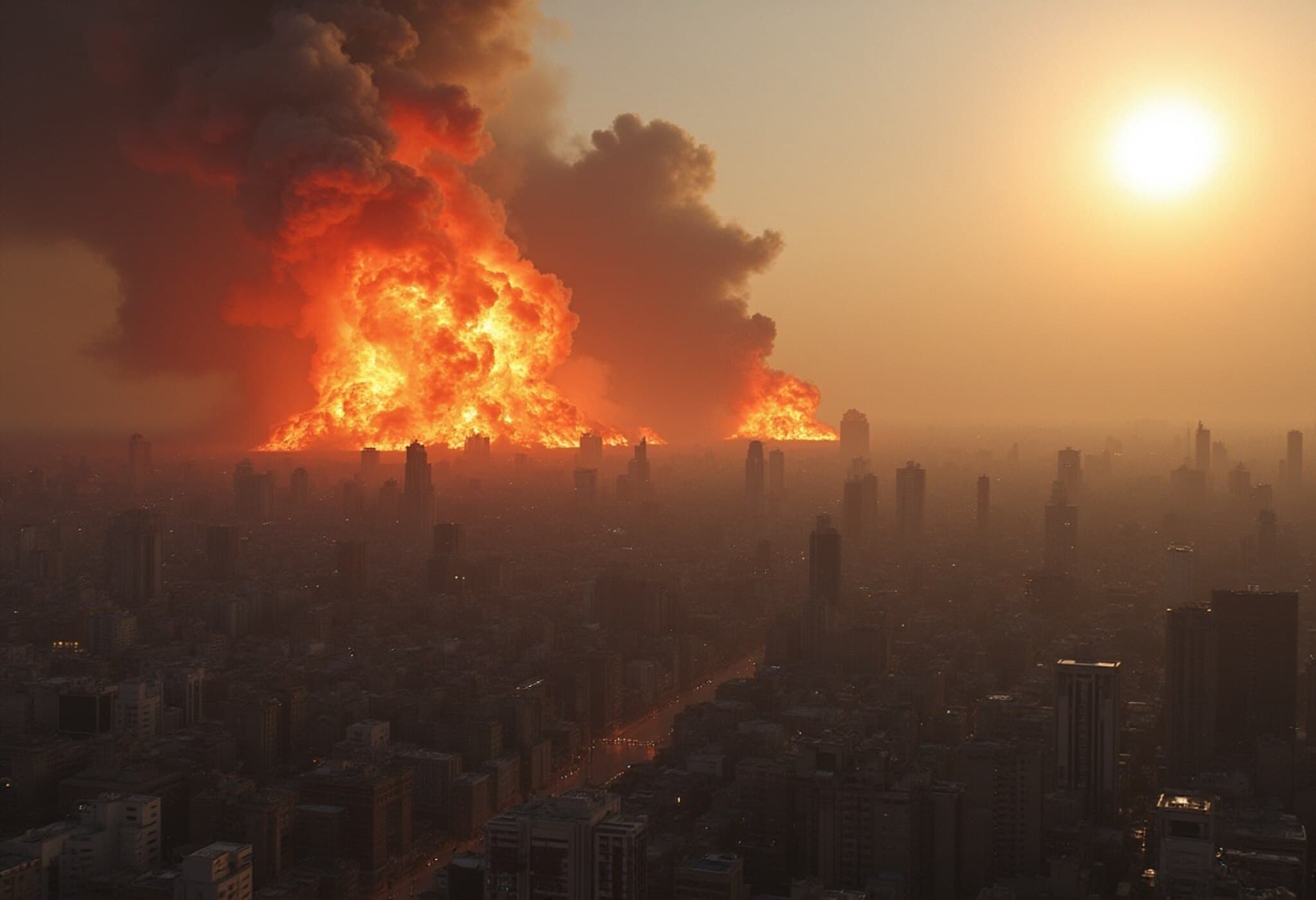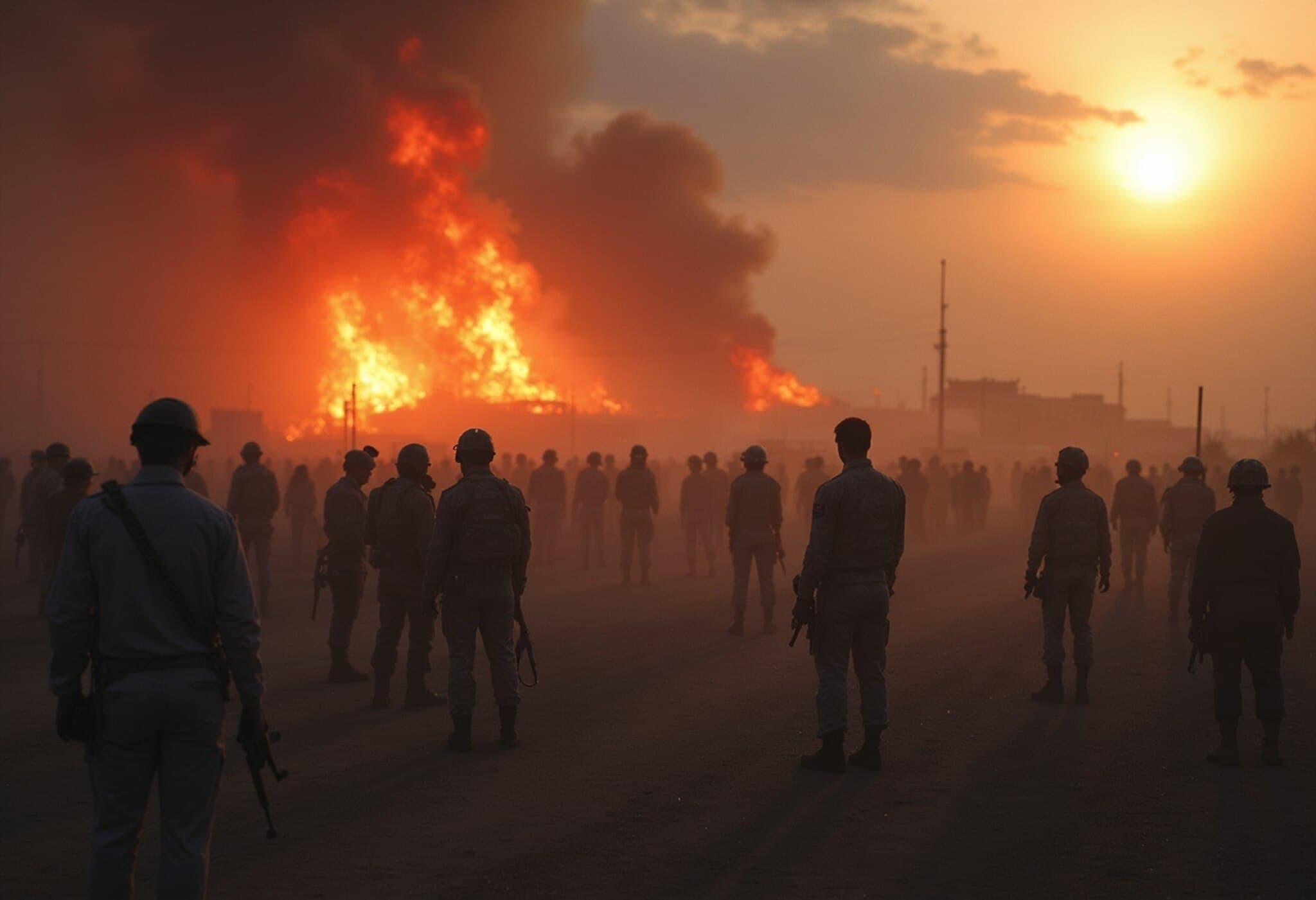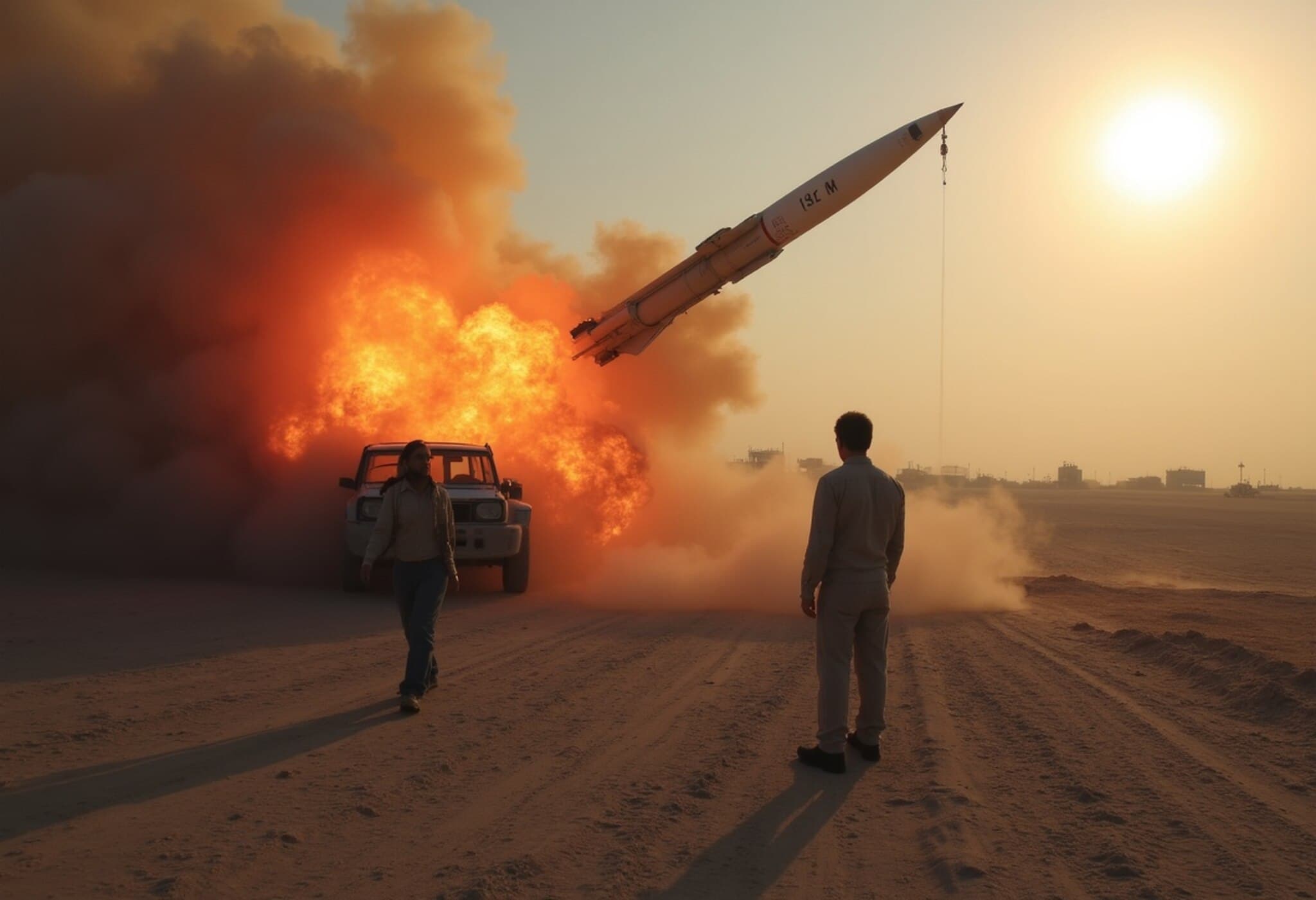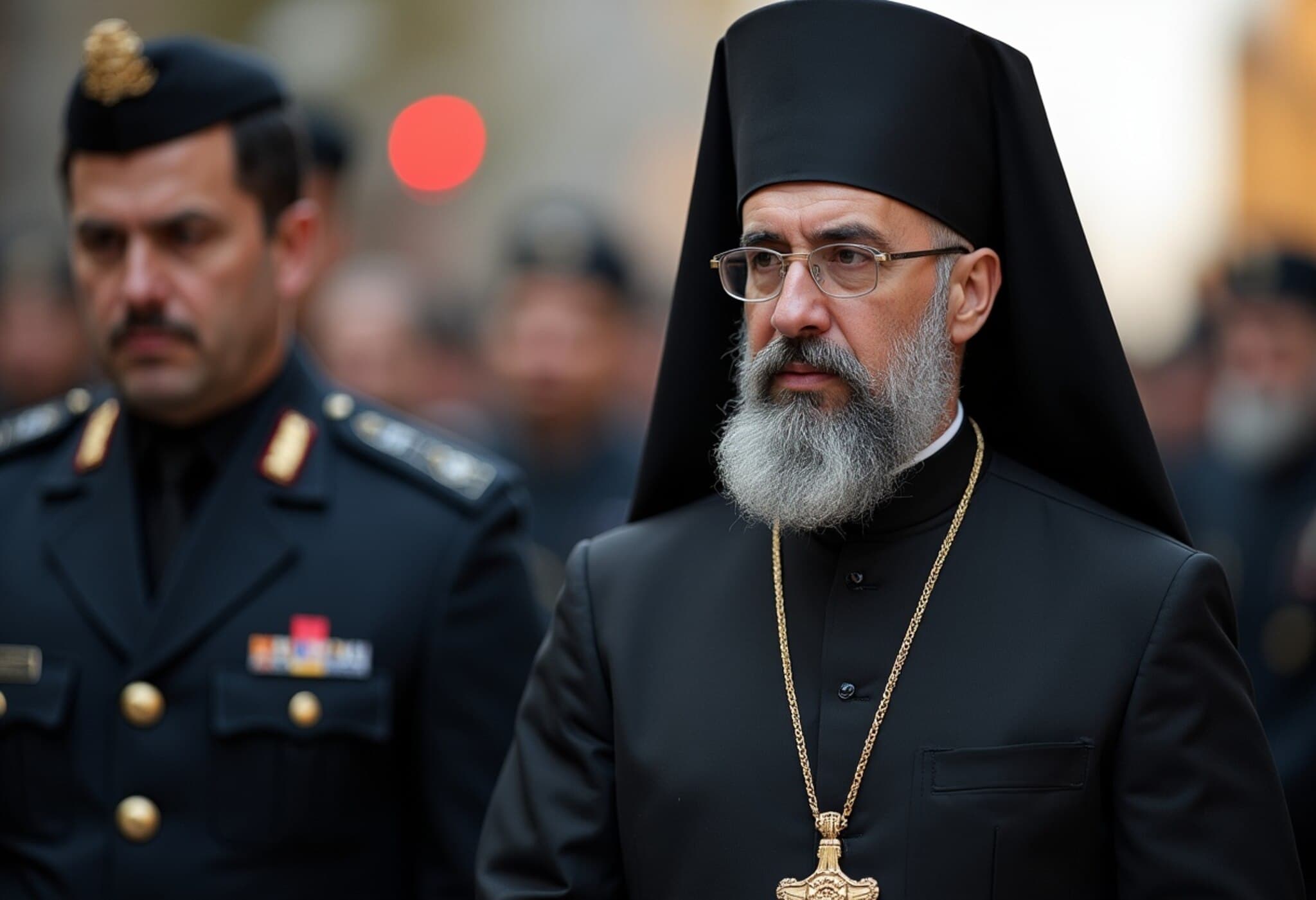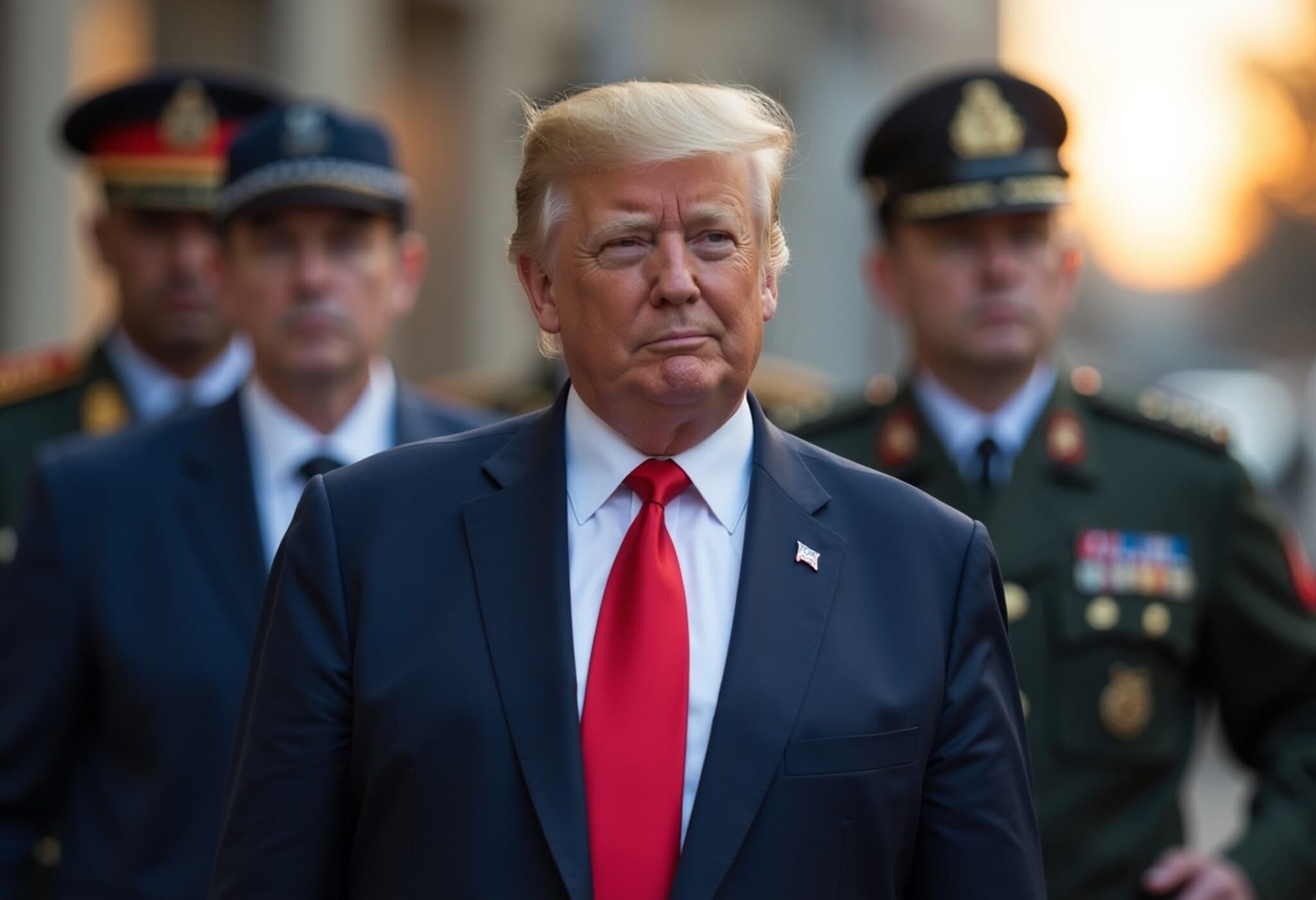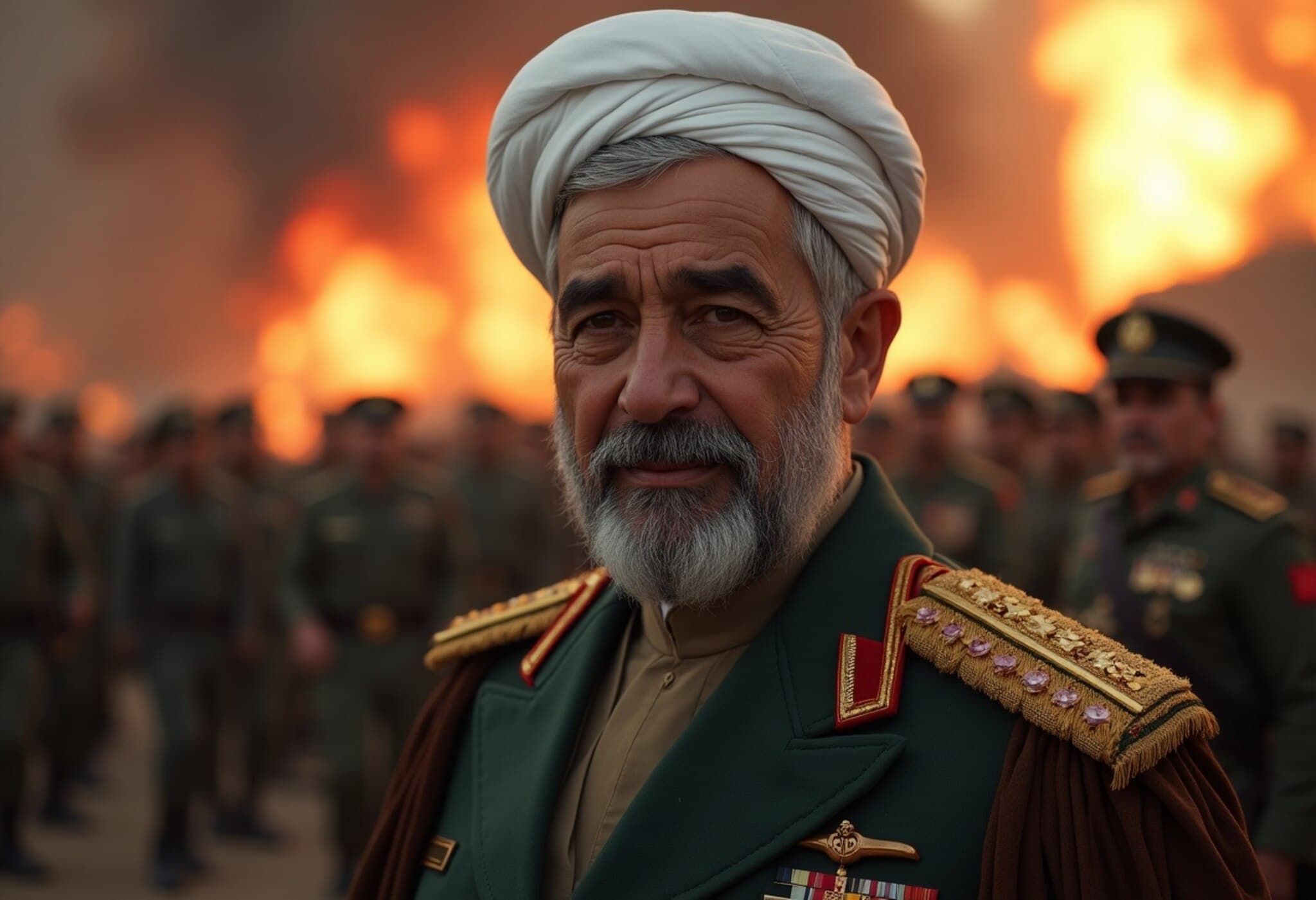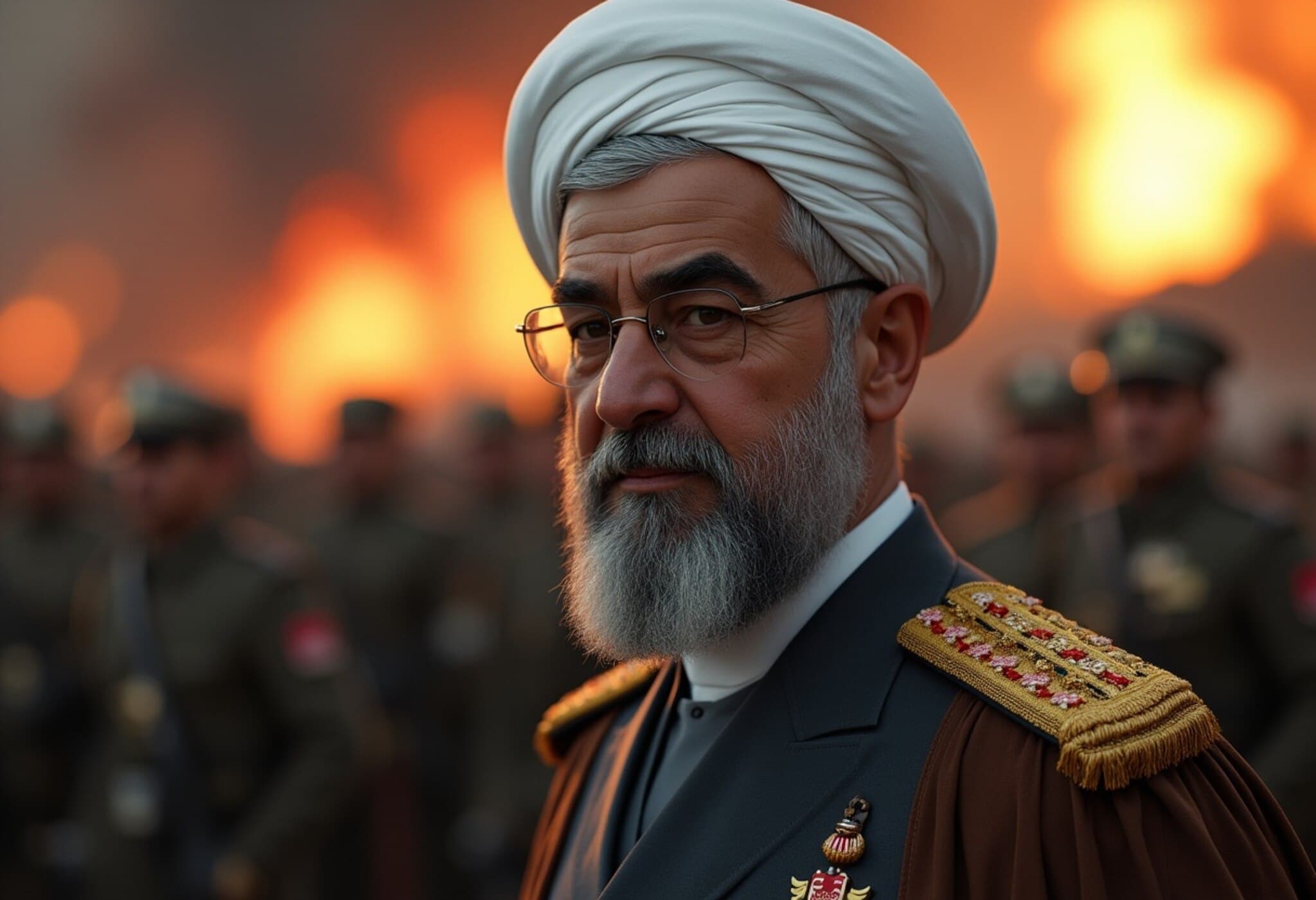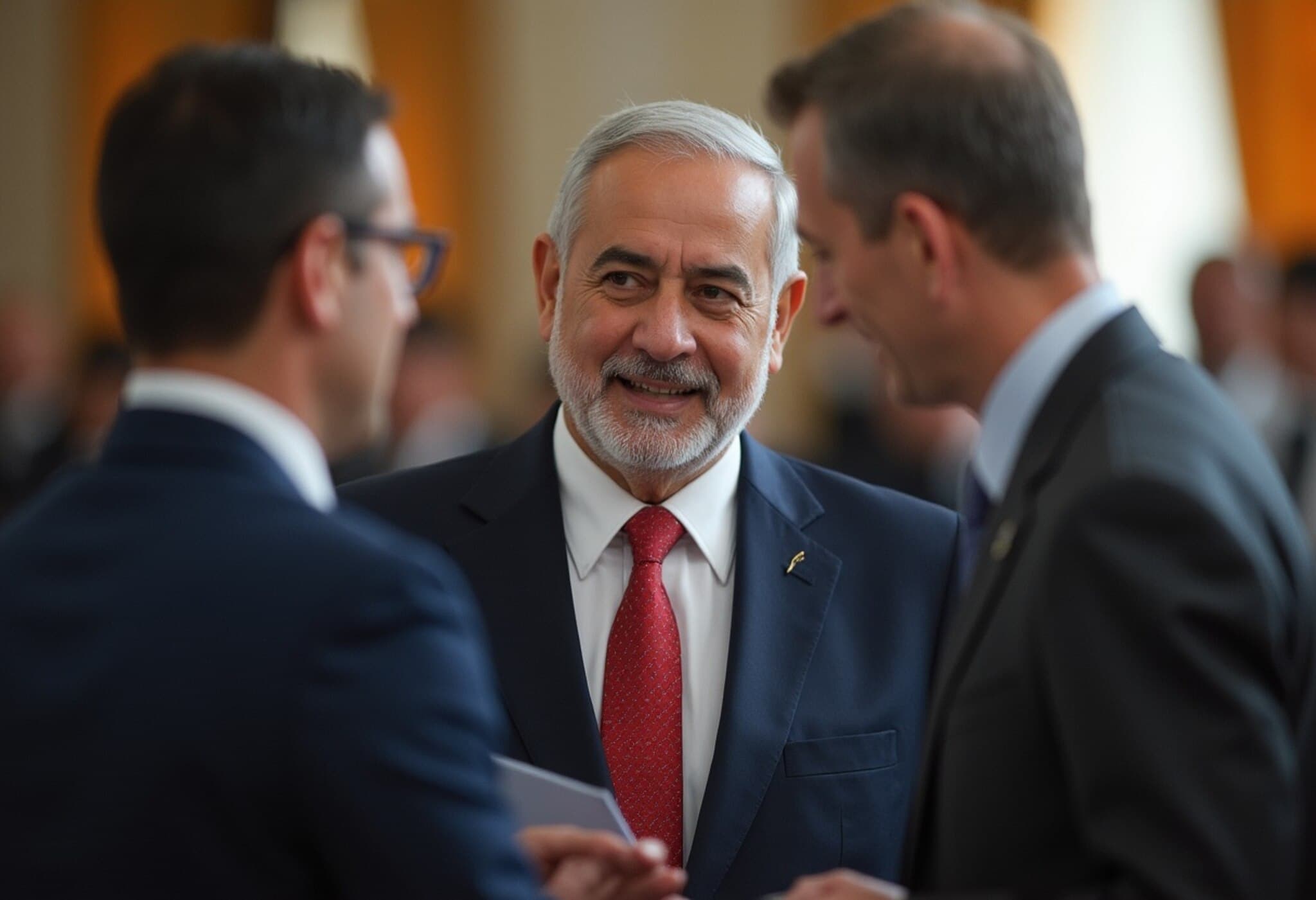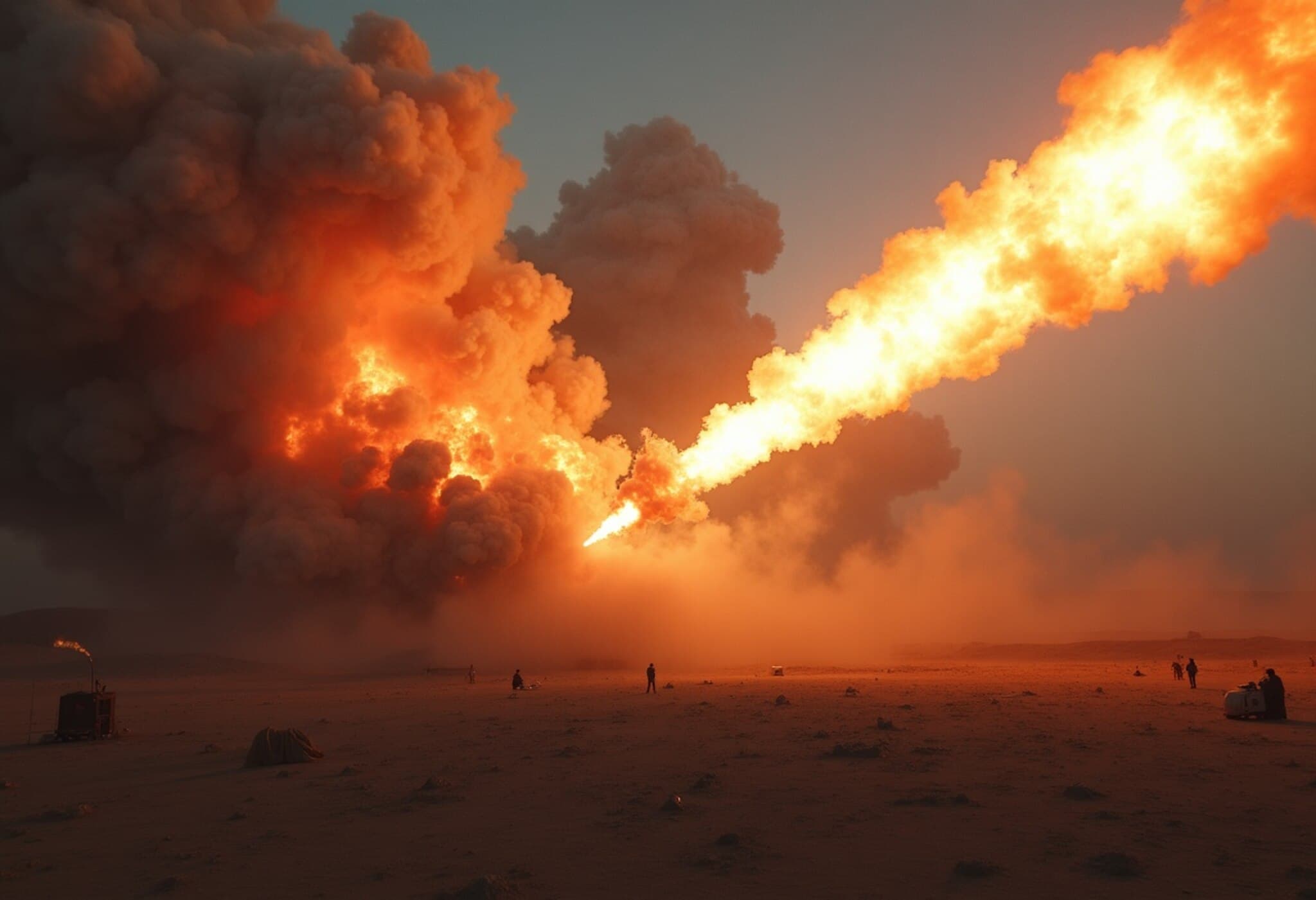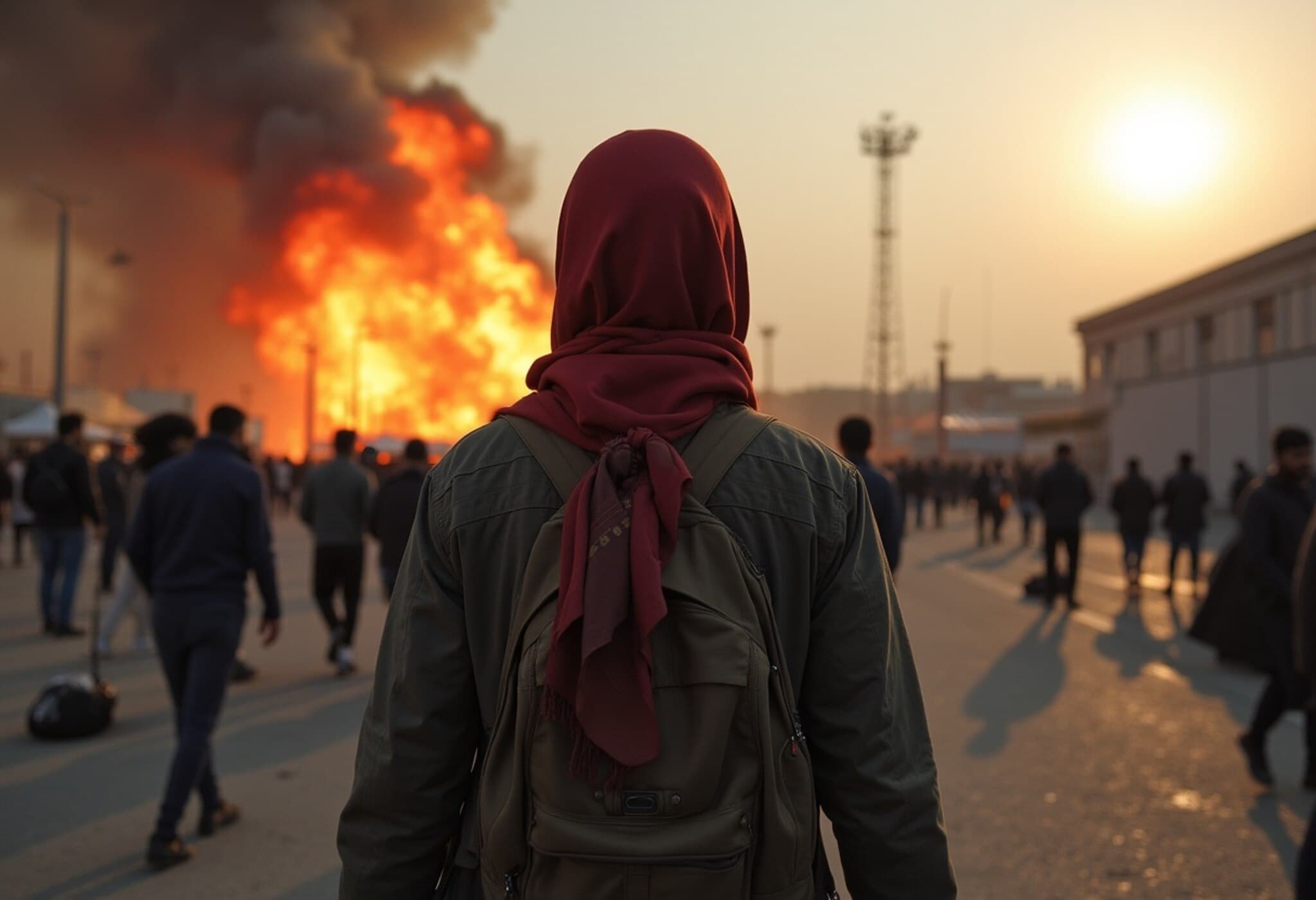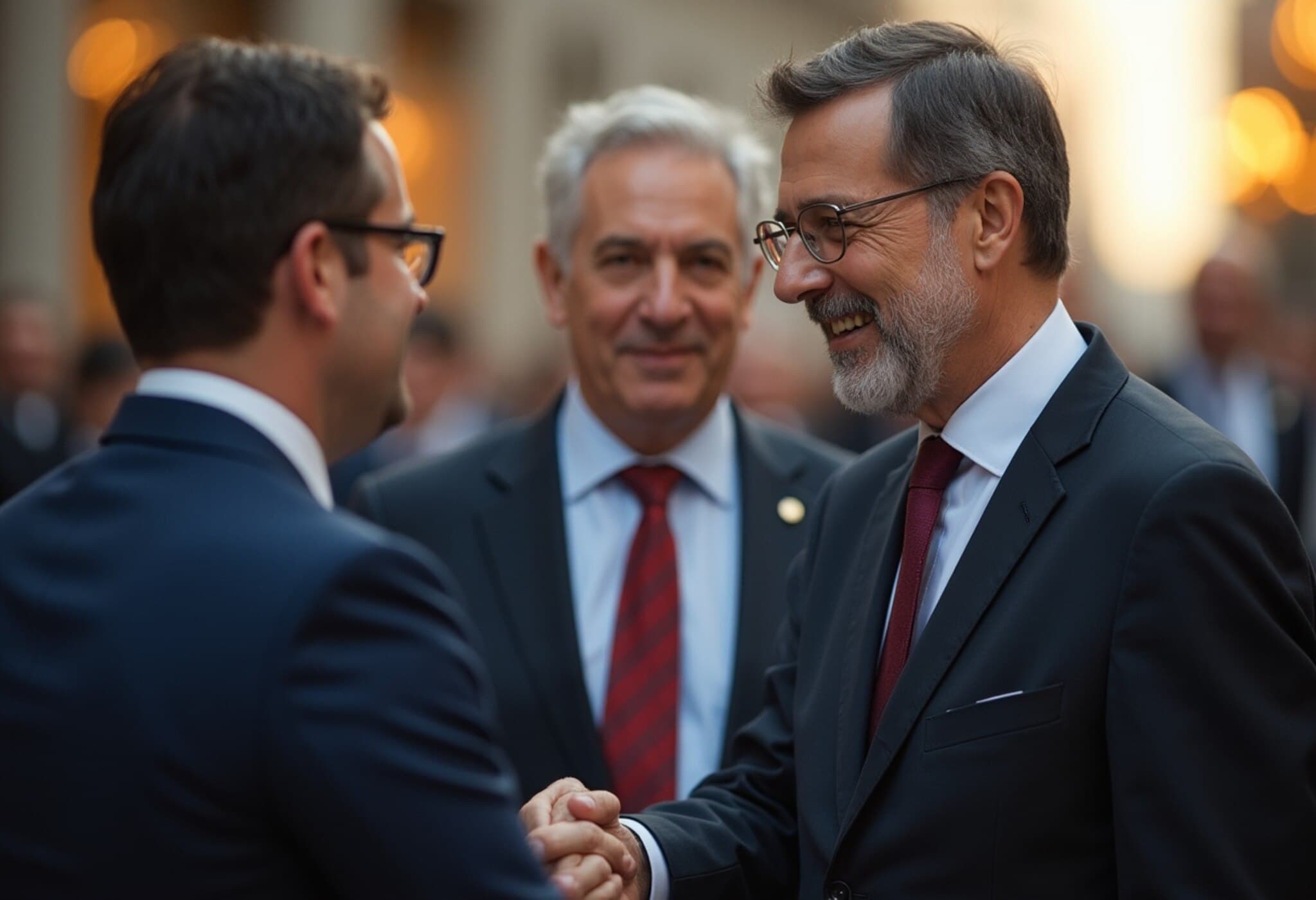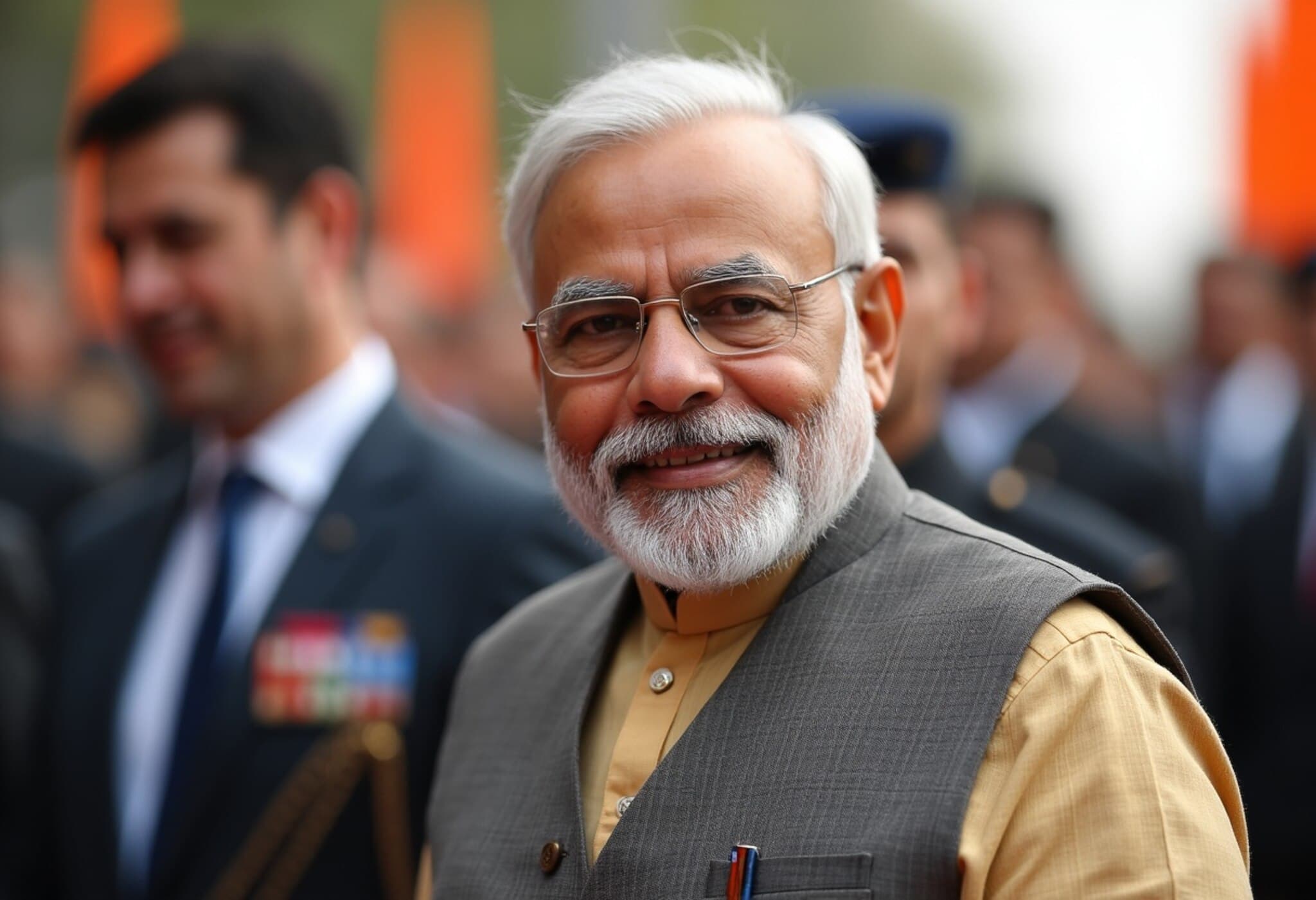Reza Pahlavi Urges Iranians to Rise Amid Regime's Decline
Reza Pahlavi, son of Iran's last Shah, has made a compelling appeal for a nationwide uprising against the Islamic Republic, which he says is collapsing amid mounting internal chaos and external pressure. Addressing the Iranian people late Tuesday, Pahlavi painted a picture of a bright future beyond the current turmoil, invoking the era when Iran was a constitutional monarchy rooted in democratic values.
Exiled Crown Prince's Message to Iran
Despite living in exile since the 1979 revolution, Reza Pahlavi remains a symbolic figure for many Iranians. Speaking from abroad, he declared, "The Islamic Republic has reached its end and is disintegrating." He accused Supreme Leader Ayatollah Ali Khamenei of retreating into hiding and urged citizens across the nation to stand united and reclaim their country.
He passionately called on Iran’s military, security, and law enforcement forces to abandon support for what he described as a "decaying regime". “By standing with the people, you help safeguard your lives and play a historic role in Iran’s democratic transition,” Pahlavi said, emphasizing preparedness for the nation's future governance.
A Call for Nationwide Uprising
Stressing the urgency, Pahlavi urged citizens from all corners of Iran – from Bandar Abbas to Tabriz and Shiraz to Mashhad – to join in overthrowing the regime. His vision includes a peaceful transition with a democratic government led by the Iranian people, reassuring them they need not fear post-regime instability or civil conflict.
"The future is bright, and together, we will turn the page in Iran’s history," he declared, underscoring hope and resilience amid adversity.
Regional Tensions Intensify Amid Nuclear Concerns
The timing of Pahlavi’s call coincides with escalating military actions. Israeli airstrikes have targeted multiple Iranian nuclear sites, aiming to prevent Tehran from acquiring weapons-grade uranium. These operations come as Iran’s uranium enrichment surpasses 60%, skirting dangerously close to the 90% threshold considered sufficient for nuclear weapons.
Israeli leadership is determined to halt Iran’s nuclear ambitions, labeling the regime a “radical Islamist dictatorship.” This sentiment finds resonance in statements by the former U.S. President, who labeled nuclear armament by the regime unacceptable and warned against allowing Iran’s leadership to develop such capabilities.
Background: The Shah, Revolution, and Shifting Alliances
Mohammad Reza Pahlavi, the last Shah of Iran, ruled before being ousted by the 1979 Islamic Revolution, which transformed Iran into a theocratic republic. His son, Reza Pahlavi, now based in the United States, advocates for regime change primarily through peaceful civil disobedience and democratic reforms.
Iran prior to 1979 maintained close ties with the United States and Israel, but these relationships soured dramatically after the revolution. The hostage crisis at the U.S. embassy in Tehran marked the start of decades-long hostility, further exacerbated by the U.S. withdrawal from the nuclear deal in 2018 and imposition of sanctions.
Looking Ahead
Reza Pahlavi’s message resonates amid widespread unrest and uncertainty in Iran. His vision of a unified, democratic nation remains a beacon for many, even as the country's present-day realities paint a much different picture than the Iran of his father’s era. The coming weeks and months will be critical in determining whether this call to action sparks a new chapter in Iran’s complex history.

